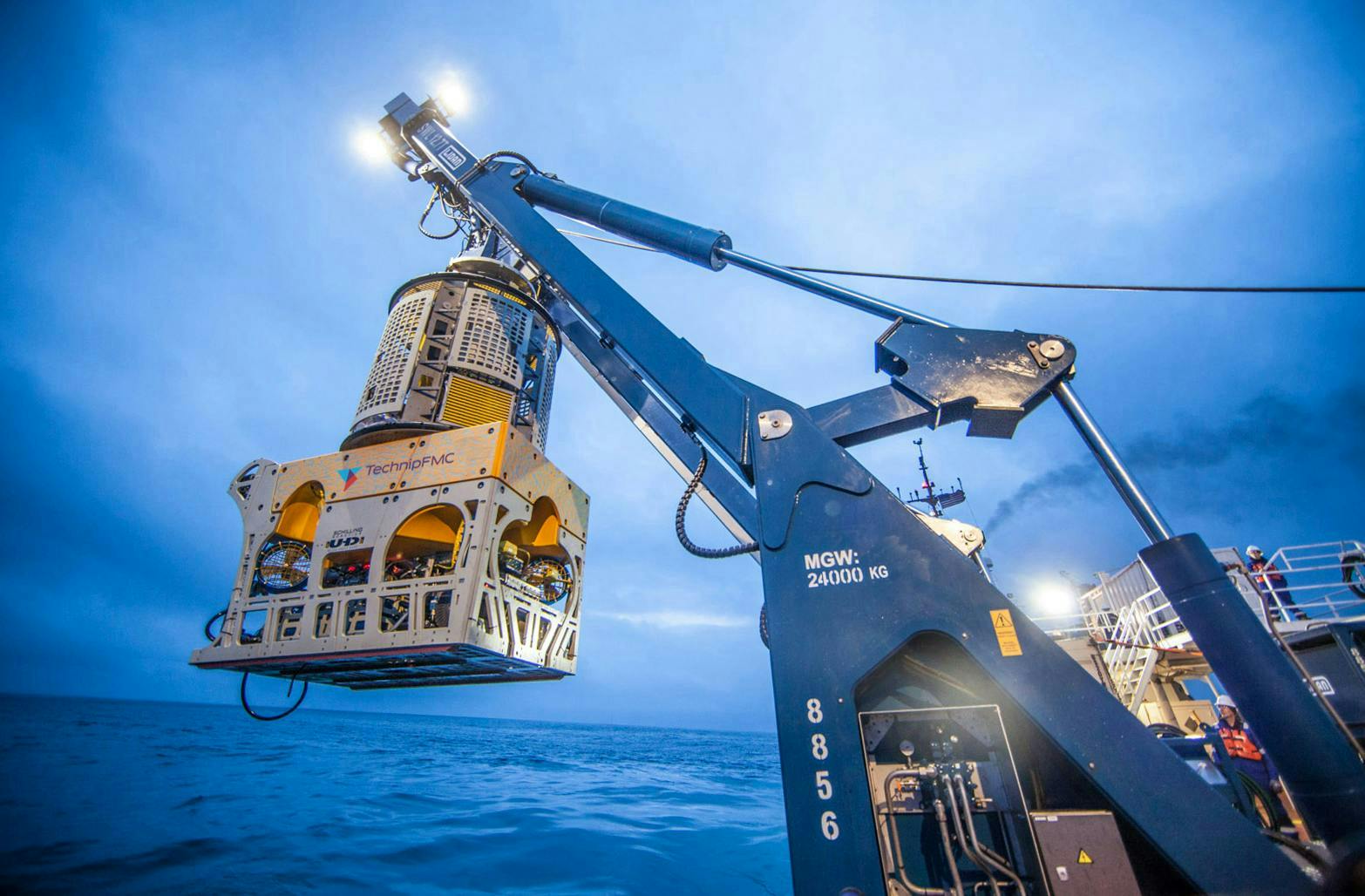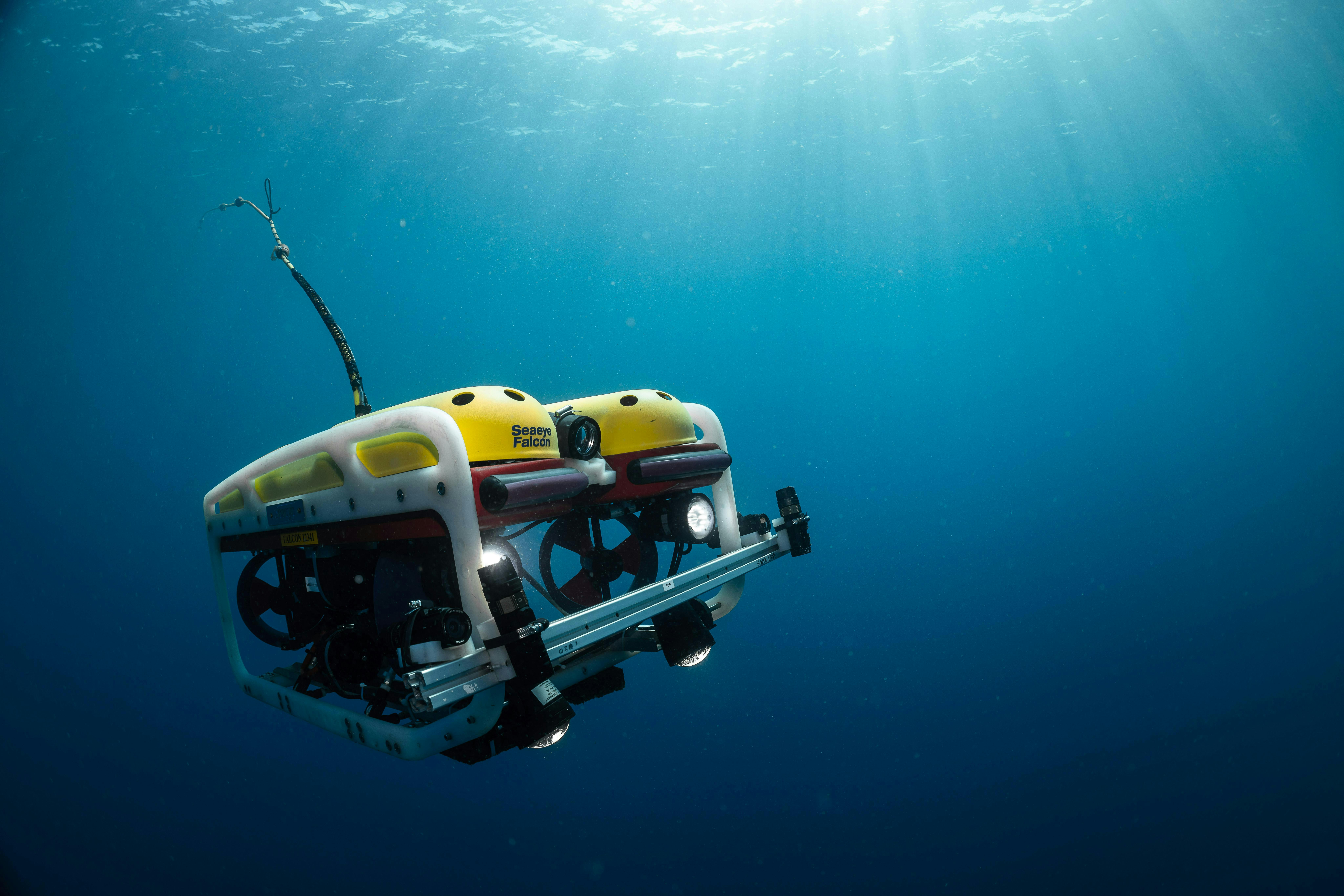Commentary: Confidence in subsea project timelines remains concerningly low
By Neil Gordon, Global Underwater Hub
In a turbulent year of political change and fiscal and economic uncertainty, which has brought a pervading sense of doom and gloom for business, there was very welcome news in December that the UK subsea sector has grown 15% over the 2023/24 period.
However, this growth story was muted somewhat with industry stakeholders believing that 62% of project timelines will be missed.
Global Underwater Hub (GUH), a trade and development body for the UK’s subsea industry, now worth £9.2billion (US$11.4 billion) and supporting 51,000 jobs, revealed the findings from its 2024 Business Survey.
Overall, there is a more positive assessment of supply chain capacity compared to the previous year and, generally, market prospects remain high, driven by the wide range of opportunities across all markets, most notably in offshore energy where subsea engineering expertise is in high demand.
Supply and demand are complex, and GUH has been keen to explore these in more detail, particularly from the supply side. The subsea supply chain justifiably backs its world-leading capability. With decades of experience, proven technology and a track record of innovation and project delivery, it will provide the solutions for multiple underwater markets into the future. Most companies are also proactively identifying new markets to enter.
Capacity has been more problematic to assess, although the under-supply appears to be closing. Many respondents felt undersized in terms of people, assets and facilities, and they raised concerns around right-sizing to take advantage of what could be colossal demand in the future. Most were optimistic that they could have the required capacity in the future.
So why is a supply chain with highly desirable capability reticent to fully commit to scale-up to meet potential demand? The simple answer is confidence, or the lack of it.
Doubts over project surety and uncertainty about timelines are making it tough for companies to tie business and investment plans back to final investment decisions, tender awards and project sanctions.
This is a significant issue when linked to Scottish and UK government targets, which threaten to be missed by a relative standstill, with five-year outlooks made in 2023 staying five years away in 2024. At the same time, international projects make progress, driving forward and filling space in order books that do not have capacity for everyone.
While the market grows, future aspirations and possible projects continue to grow at a pace that the supply chain cannot possibly hope to deliver in full. From these possibilities comes the requirement to determine what is probable (bankable, investible) and therefore what plans can be built on. Yet confidence in project timelines remains concerningly low.
In short, if subsea businesses are to invest and plan for the coming decades, they need commitment at various stages of a project and market development. Aligned policy, timely consenting, sensible financing, concrete project timelines and clear supply chain investments are imperative to move projects from the drawing board to the seabed.
The UK has cultivated a world-leading underwater sector with a supply chain that continues to report robust growth and is ready to support projects around the world. However, the UK risks losing these organizations without an industrial strategy that supports both a just transition and the ability to take a leading role in new markets.
With an industrial strategy that encompasses multiple underwater markets and recognizes that most supply chain companies will service a mix of these markets, the subsea industry can sustain and grow the capacity and capability of the underwater sector through the energy transition in areas where the UK has a global competitive advantage.
About the Author

Neil Gordon
Neil Gordon is chief executive of the Global Underwater Hub (GUH), a position he has held since November 2021. He is based in Westhill, Scotland, UK.
He previously served as non-executive director with OPITO from July 2013 to June 2024 as well as non-executive director with National Subsea Research Initiative (NSRI) from June 2014 to November 2021.
Most notably, he served as chief executive of Subsea UK for more than 10 years. He successfully transformed Subsea UK into GUH, a trade and industry development body for the UK's underwater sectors, in 2021.


